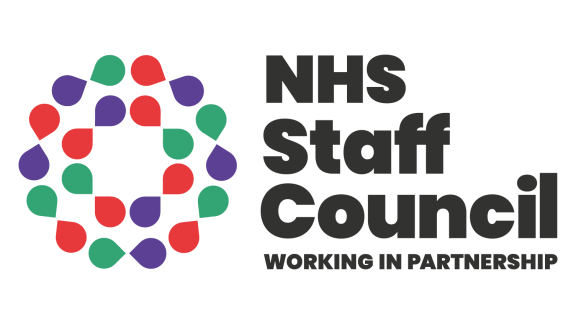NHS Staff Council joint statement on 2023 non-pay commitments

As co-chairs of the NHS Staff Council, we welcome the news that Secretary of State for Health and Social Care has accepted 36 out of the 37 joint recommendations made following the work undertaken by the NHS Staff Council (employers and trade unions), NHS Employers, NHS England and the Department of Health and Social Care (DHSC) as part of the 2023/24 pay deal agreement.
This work demonstrated the value of partnership working across a range of areas. The NHS Staff Council will now work with our partners to agree how this work is prioritised over the next two years. The Secretary of State made particular reference in his letter to the recommendations associated with job evaluation to ensure that staff across the NHS are paid at the appropriate band for the work they are required to undertake, the work that is needed to ensure staff do not experience violence and aggression whilst at work and measures to improve career progression for nurses.
We look forward to continuing to work in partnership with NHS Employers, NHS England and the DHSC to help improve the working lives of colleagues working across the NHS.
The tables below provide the high level recommendations which we will now be developing into an implementation plan.


